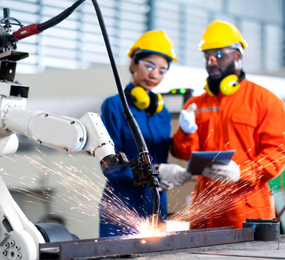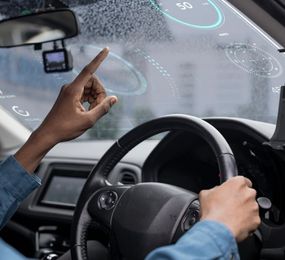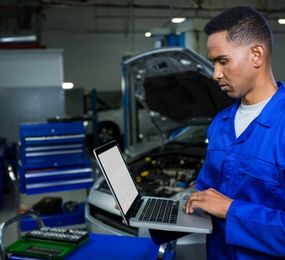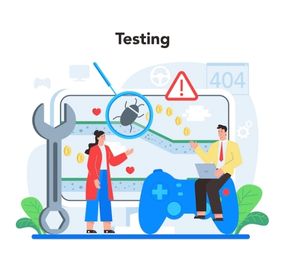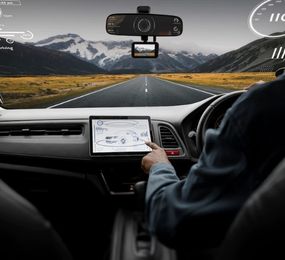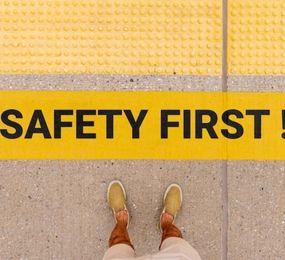The advent of autonomous vehicles (AVs) represents a significant leap forward in automotive technology, promising to revolutionize transportation by enhancing efficiency, reducing traffic accidents, and providing greater accessibility. However, the deployment of AVs comes with a unique set of challenges, particularly in the realm of functional safety. Ensuring that these vehicles operate reliably and safely in all conditions is paramount to gaining public trust and achieving widespread adoption. In this article, we will explore the strategies being employed to address functional safety challenges faced by autonomous vehicles.
Addressing Functional Safety Challenges
To tackle these functional safety challenges, the automotive industry is adopting several approaches:
Adherence to Safety Standards: Compliance with functional safety standards such as ISO 26262, which provides guidelines for the development of safety-related automotive systems, is essential. These standards help ensure that safety is considered at every stage of the design and development process.
Rigorous Testing and Validation: Extensive testing, both in simulations and real-world environments, is crucial for validating the safety of AV systems. This includes testing under a wide range of conditions and scenarios to ensure robustness.
Continuous Monitoring and Updates: Autonomous vehicles must be capable of continuous self-monitoring, detecting any anomalies or faults in real time, and taking appropriate action to maintain safety. Additionally, over-the-air software updates can be used to improve safety features and address newly identified risks.
Collaboration Across Industries: The complexity of AV safety requires collaboration between automakers, technology companies, regulators, and academia. By working together, these stakeholders can share knowledge, establish best practices, and develop technologies that enhance the safety of autonomous vehicles.
Functional safety is a critical concern in the development and deployment of autonomous vehicles. As AV technology continues to evolve, addressing these safety challenges will be paramount to ensuring that autonomous vehicles are not only efficient and innovative but also safe and reliable for all road users. By focusing on system reliability, sensor accuracy, software validation, cybersecurity, and industry collaboration, the automotive industry can pave the way for a safer and more autonomous future.
Register today to secure your spot, please check here: https://bit.ly/3zH7AKk
For more information and group participation, contact us: [email protected]


